The 10 problems with data silos
What takes better pictures, a DSLR or a mobile phone? What has better sound, a HiFi stereo or a phone? How does a phone compare to an agenda? How well can you type on a phone compared to a desktop keyboard? Still, in your pocket you have a phone and you’re not carrying a PDA, Zune, camera, agenda, compass and encyclopedia with you all day. Because most of the time, the phone is ‘good enough’ at all of these functions and the benefit of having a compact, efficient and easy to use device outweighs the small technical differences. Even better, the synergies you get from having an integrated device bring benefits, like real time updates to the maps or streaming music!
The same is true in the software world! Employees in modern organizations use sometimes dozens different free and paid online services for tracking tasks and tickets, managing blogs, updating documentation, editing files, communicating with partners and more (28 different online tools for a small startup is no exception!). But this outgrowth of IT services complicates work and multiplies the risk of data leaks.
Inefficiency and waste of time
- 1. Tools don’t connect so data is uploaded to multiple places and employees lose track of what is where
- 2. More different services means more frequent service disruption (and discontinued services!) blocking employees from working
- 3. Each tool has a different user interface, requiring more of training and causing mistakes
- 4. Nobody knows who has access to what tool and who manages which accounts
- 5. The IT department loses track of the services and ends up paying for unused accounts
You thought that a breach in a non-critical online tool is low-risk? Guess what, the hacked passwords were re-used on critical company infrastructure.
Security risks
- 6. Uploading data to multiple platforms means multiplying the risk of a data breach
- 7. Loss of visibility and ability to track where data is and who has access
- 8. Complicated reporting on data breach causes compliance issues
- 9. Central or connected authentication and storage means breach in one is breach in all
- 10. Password re-use by employees across platforms means even a breach in a low-risk service risks all
Now what?
Of course, just eliminating all these systems is no solution. Your teams need to get work done and employees will resort to these online tools, even if you don’t allow, sanction or manage it. Illicit use of private accounts consumer clouds by employees are one of the major causes of data leaks. And a study by Veritas Technologies shows the wild growth in cloud services multiplies the cost of ransomware attacks, so reducing the number of clouds where your sensitive business data is floating around in is paramount.
Frequent audits of the use and number of accounts on public cloud services, as well as policies, training and supervision over password use and what gets uploaded where is important. But ultimately, those are work-arounds that rely on employees never making mistakes!
Only consolidating the many cloud solutions can solve the root cause. An on-premises, extensible and infrastructure-integrated solution that can not only fulfill the tasks of dozens of cloud services but does that in a single, unified and easy to use interface means improved productivity and reduced risk. Try Nextcloud Hub today.
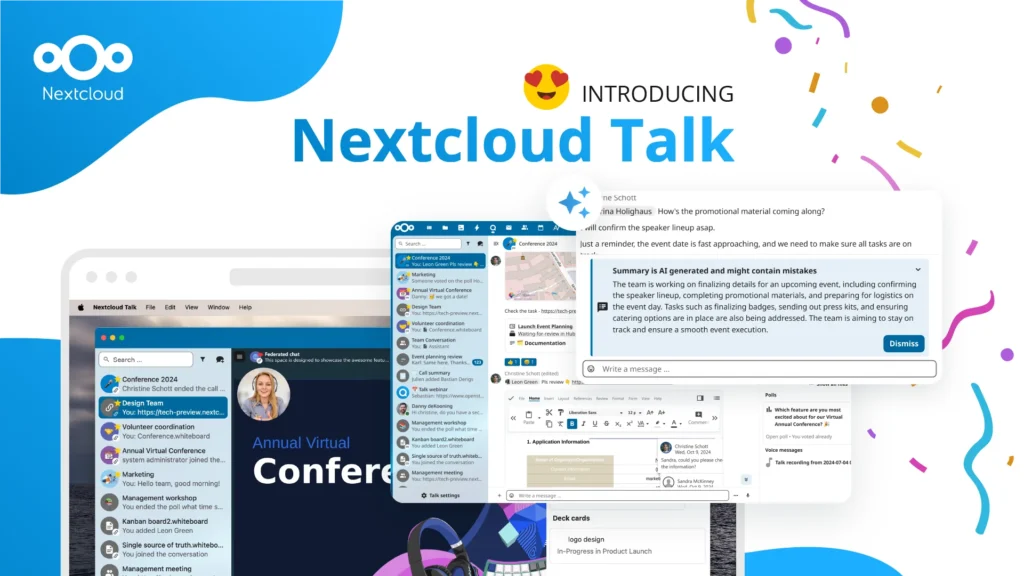




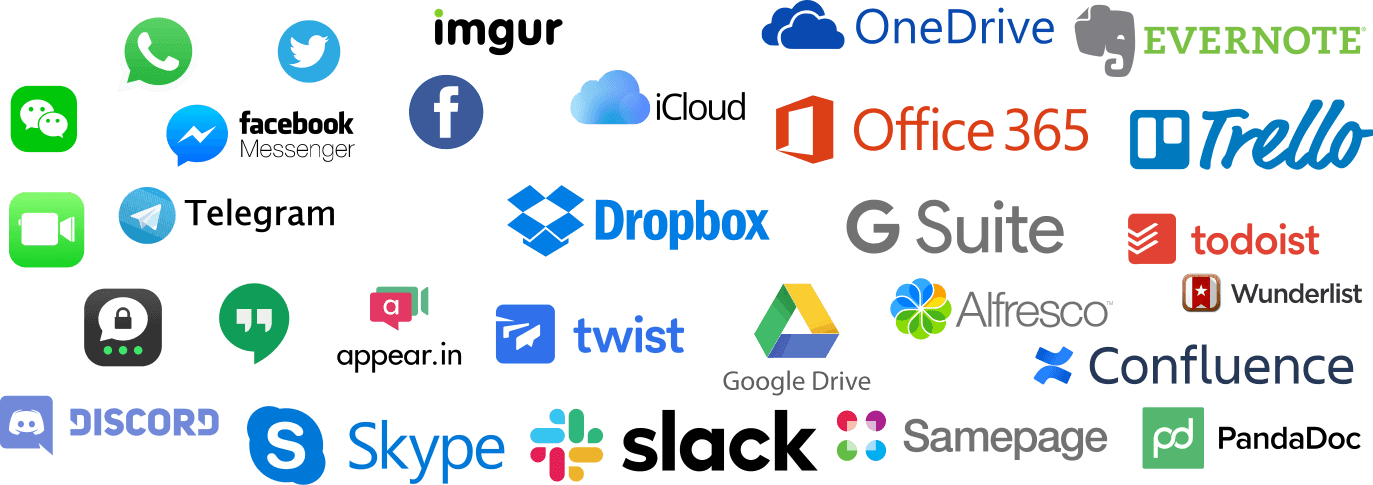

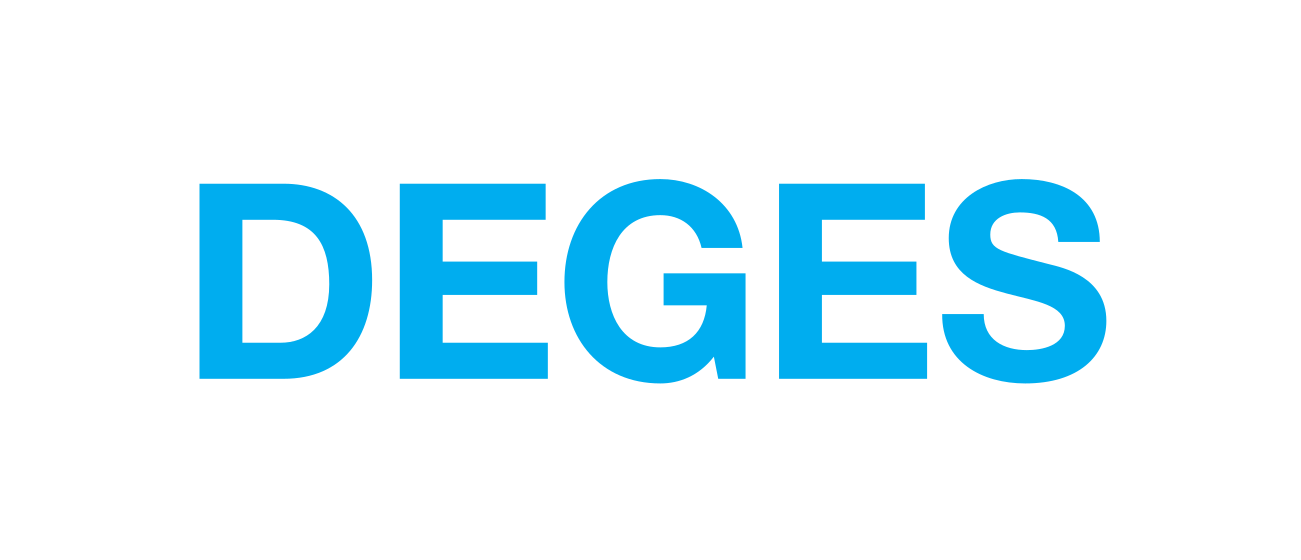
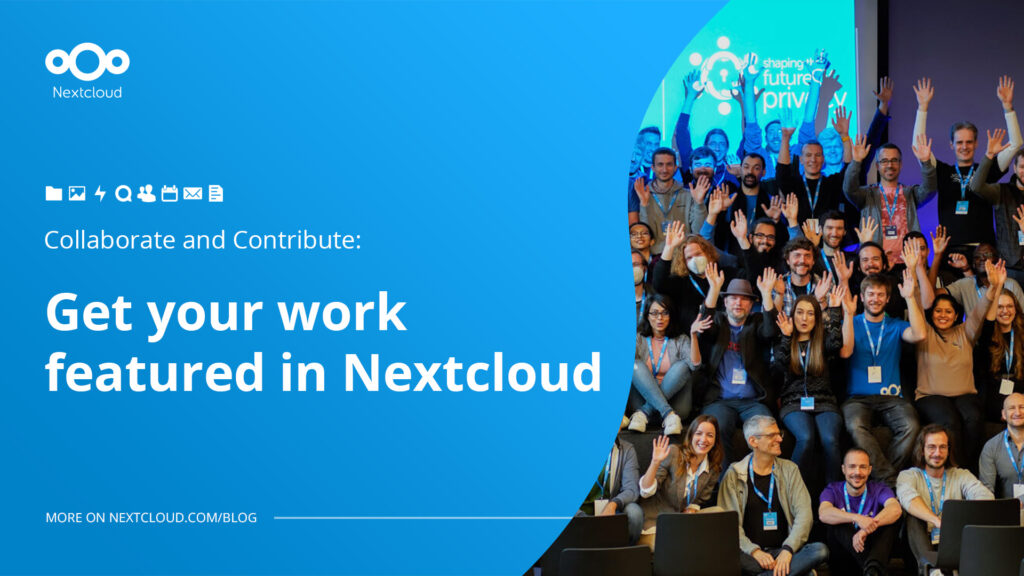

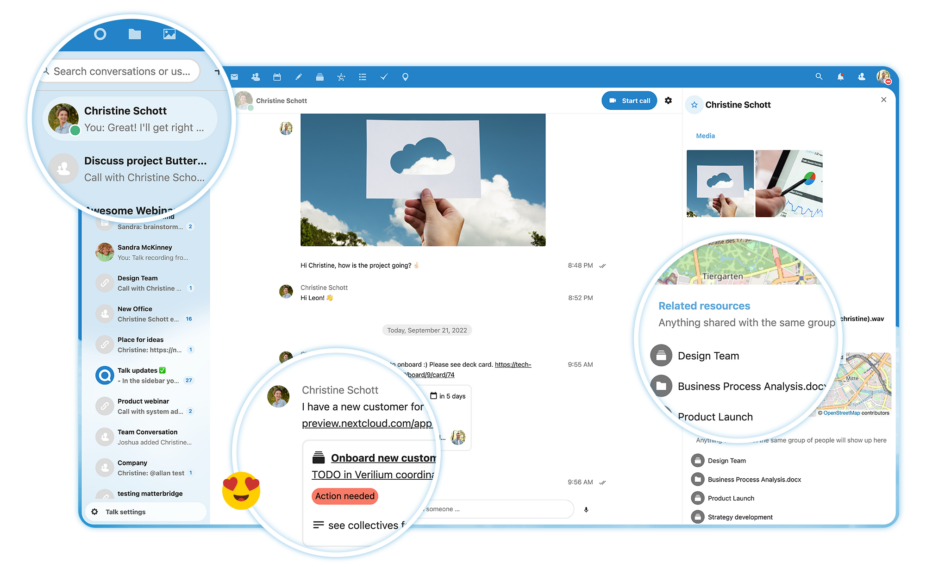
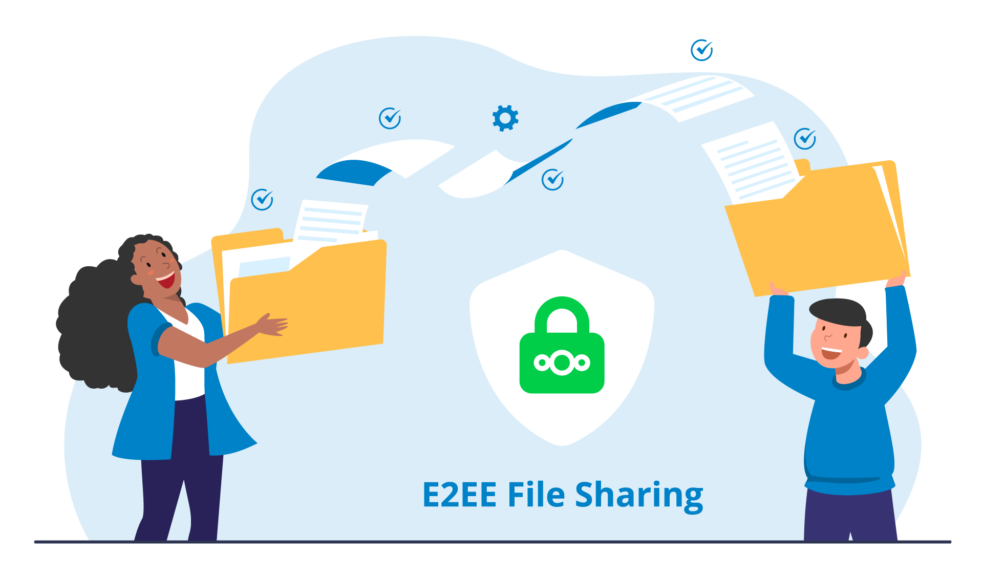
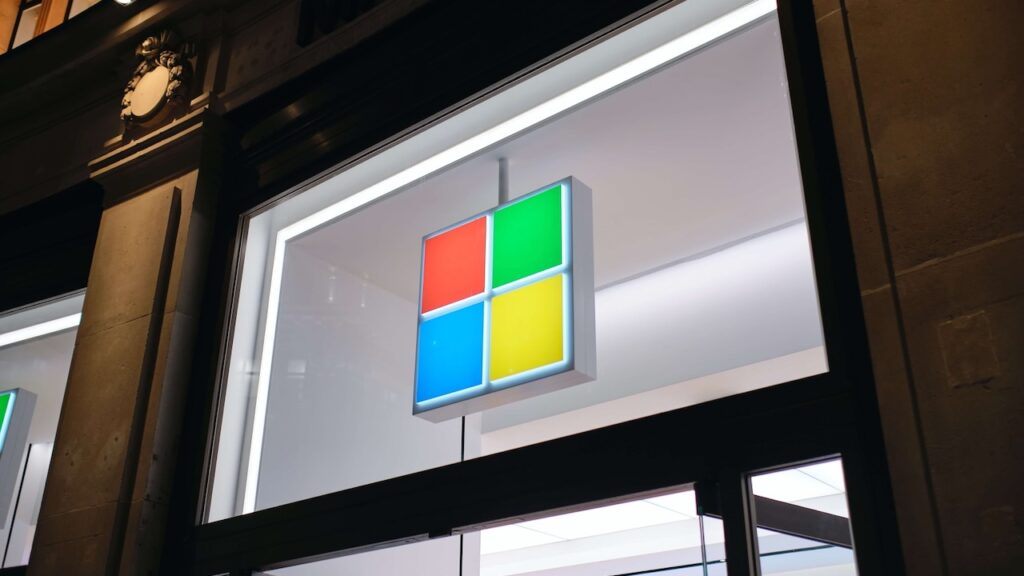
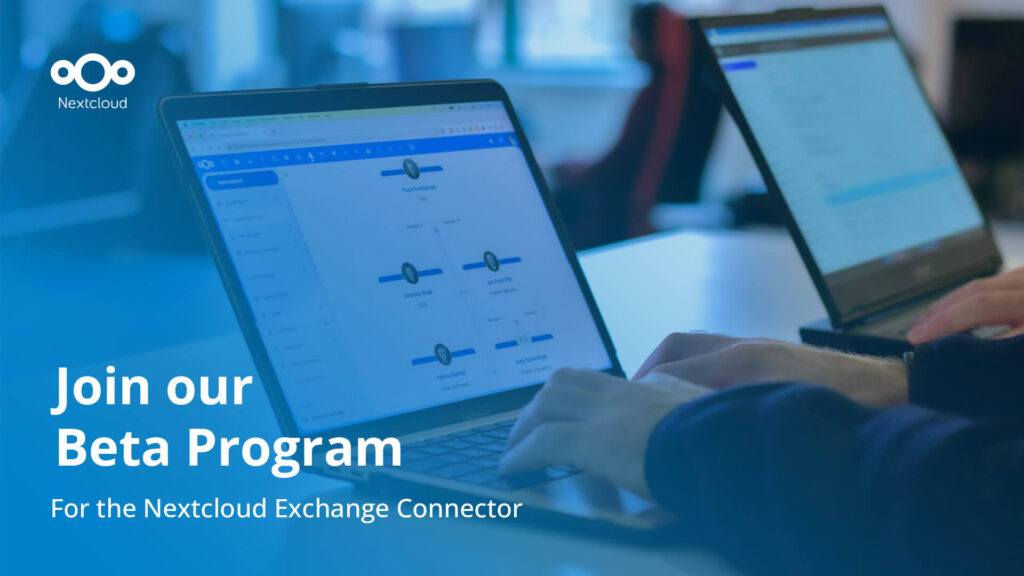

Comments